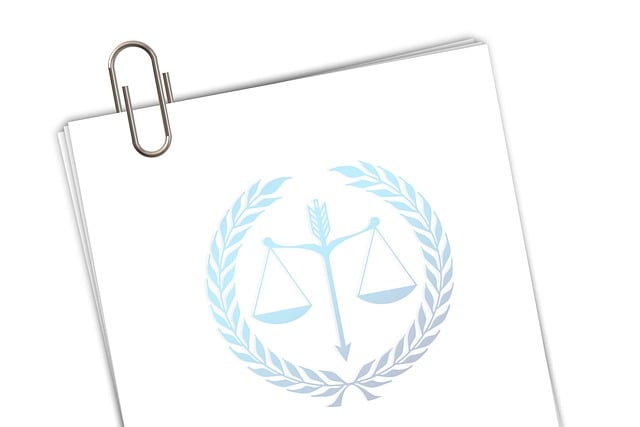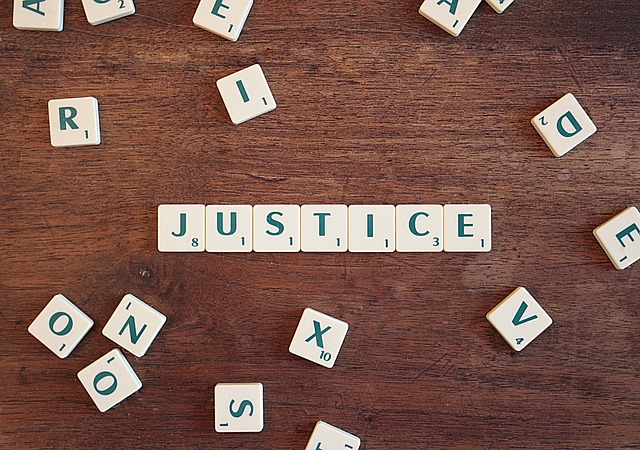Work injury settlements protect employee rights, covering medical expenses, lost wages, and pain. The process involves understanding responsibilities, filing claims with insurance providers, and determining liability. Settlements can range from monetary compensation to job modifications or rehabilitation services. Insurance companies facilitate these, navigating legal landscapes and regulations, offering compensation after assessing claims. However, bureaucracy and communication breakdowns can pose challenges, making legal support crucial for fair compensation and quality healthcare in complex cases like motor vehicle accidents or slip-and-fall incidents.
Insurance companies play a pivotal role in the complex landscape of work injury settlements, managing claims processes and negotiating compensation. This article delves into the intricate dynamics of work injury settlements, providing insights into the foundational understanding required, the specific involvement of insurance companies during negotiations, and the impact—as well as challenges—encountered by both parties throughout the claims process. By exploring these aspects, we aim to illuminate the crucial role insurers play in facilitating resolution.
- Understanding Work Injury Settlements: A Foundation
- The Role of Insurance Companies in Negotiations
- Impact and Challenges in Work Injury Claims Process
Understanding Work Injury Settlements: A Foundation

Work injury settlements are a crucial aspect of compensating employees who sustain injuries on the job. These settlements serve as a foundation for ensuring workers receive fair and adequate reimbursement for their medical expenses, lost wages, and pain and suffering. In many cases, especially when severe or life-altering injuries occur, these settlements can be substantial.
Understanding the process involves grasping the rights of employees and the responsibilities of employers and insurance companies. When an employee is injured, they may file a claim with their employer’s insurance provider. This claim triggers an investigation to determine liability and the extent of damages. Depending on the circumstances, various types of work injury settlements can be negotiated or adjudicated, including monetary compensation, job modifications, or rehabilitation services. For instance, if a motor vehicle accident attorney is involved, they could aid in navigating complex insurance claims related to car crashes, ensuring their clients receive proper and timely settlements for medical bills, lost income, and other associated damages. Similarly, nursing home neglect cases might require specialized legal support to secure adequate compensation for residents who have suffered injuries or illnesses due to substandard care.
The Role of Insurance Companies in Negotiations

Insurance companies play a pivotal role in facilitating and negotiating work injury settlements. When an employee sustains an injury on the job, the insurance provider steps in to assess the claim, determine liability, and offer a settlement. Their expertise lies in navigating complex legal landscapes and understanding workers’ compensation regulations, which varies by jurisdiction.
These companies often act as intermediaries between the injured worker, their employer, and any other relevant parties. They negotiate terms, including medical coverage, wage replacement, and rehabilitation services. A skilled insurance adjuster will consider all aspects of the case, employing strategic tactics to ensure a fair and reasonable car accident settlement or work injury compensation, similar to what one might seek from a Miami auto accident attorney in a different context. Breach of contract is a potential outcome if negotiations stall, highlighting the importance of a thorough understanding of policy terms and conditions.
Impact and Challenges in Work Injury Claims Process

The process of work injury claims can be complex and emotionally taxing for all involved parties. When an employee suffers an on-the-job injury, it often leads to a series of challenges that require careful navigation. Insurance companies play a pivotal role in this landscape, managing claims and facilitating settlements. However, the impact of these processes extends far beyond financial compensation; they significantly influence the physical and mental well-being of injured workers.
One of the primary challenges lies in the often lengthy and bureaucratic nature of work injury settlements. Employees may face difficulties in understanding their rights and navigating the complex web of insurance policies and legal procedures. Moreover, communication breakdowns between employers, insurance providers, and medical professionals can lead to delays and disagreements over liability and compensation. In cases like car crashes or slip-and-fall incidents, which are common scenarios leading to work injuries, engaging a Boca Raton auto accident attorney or a slip and fall specialist could be crucial in ensuring the victim receives fair compensation and access to quality healthcare.
Insurance companies play a pivotal role in facilitating and shaping the outcomes of work injury settlements. Their involvement, from initial claim assessments to negotiation processes, significantly influences the speed and amount of compensation workers receive for their injuries. However, navigating these claims can be complex due to varying insurance policies, legal requirements, and individual circumstances. By understanding the dynamics between insurers and claimants, both parties can collaborate more effectively, ensuring a smoother process and faster recovery for injured workers, ultimately fostering a fairer work injury settlement system.






